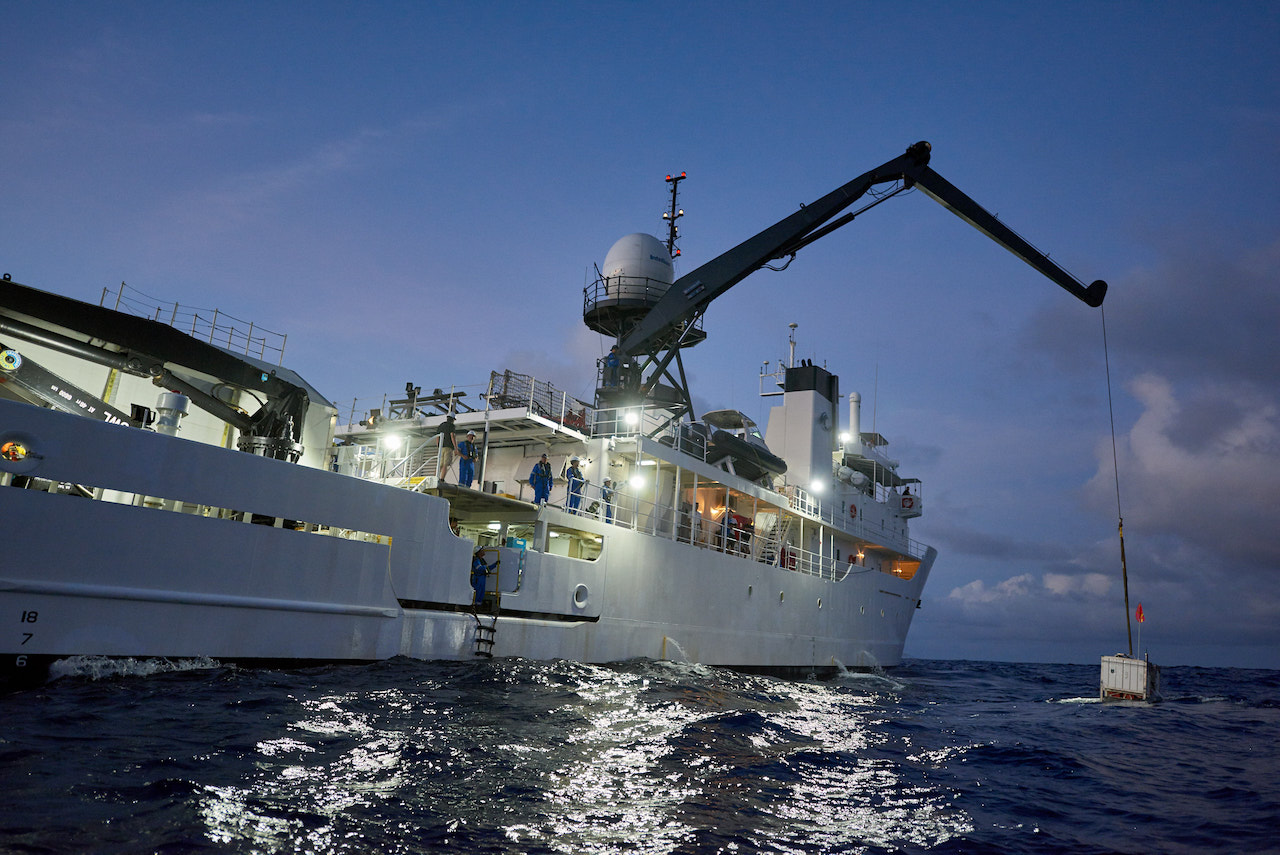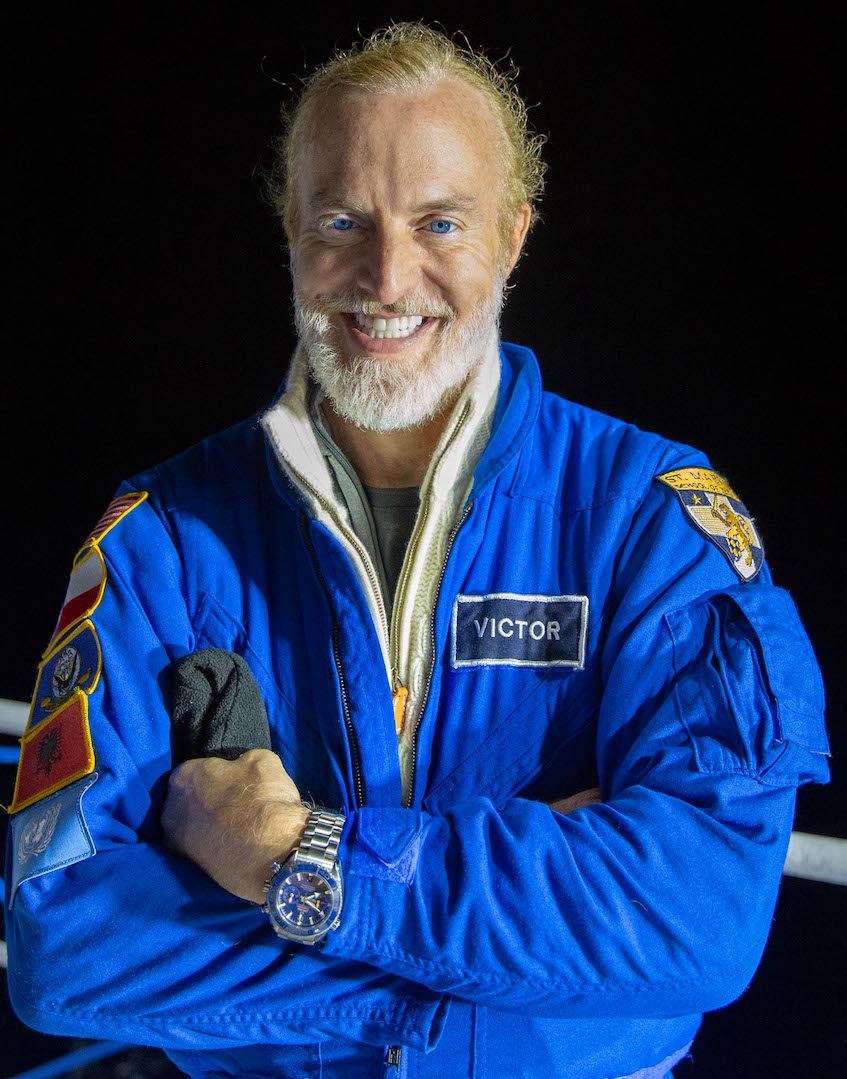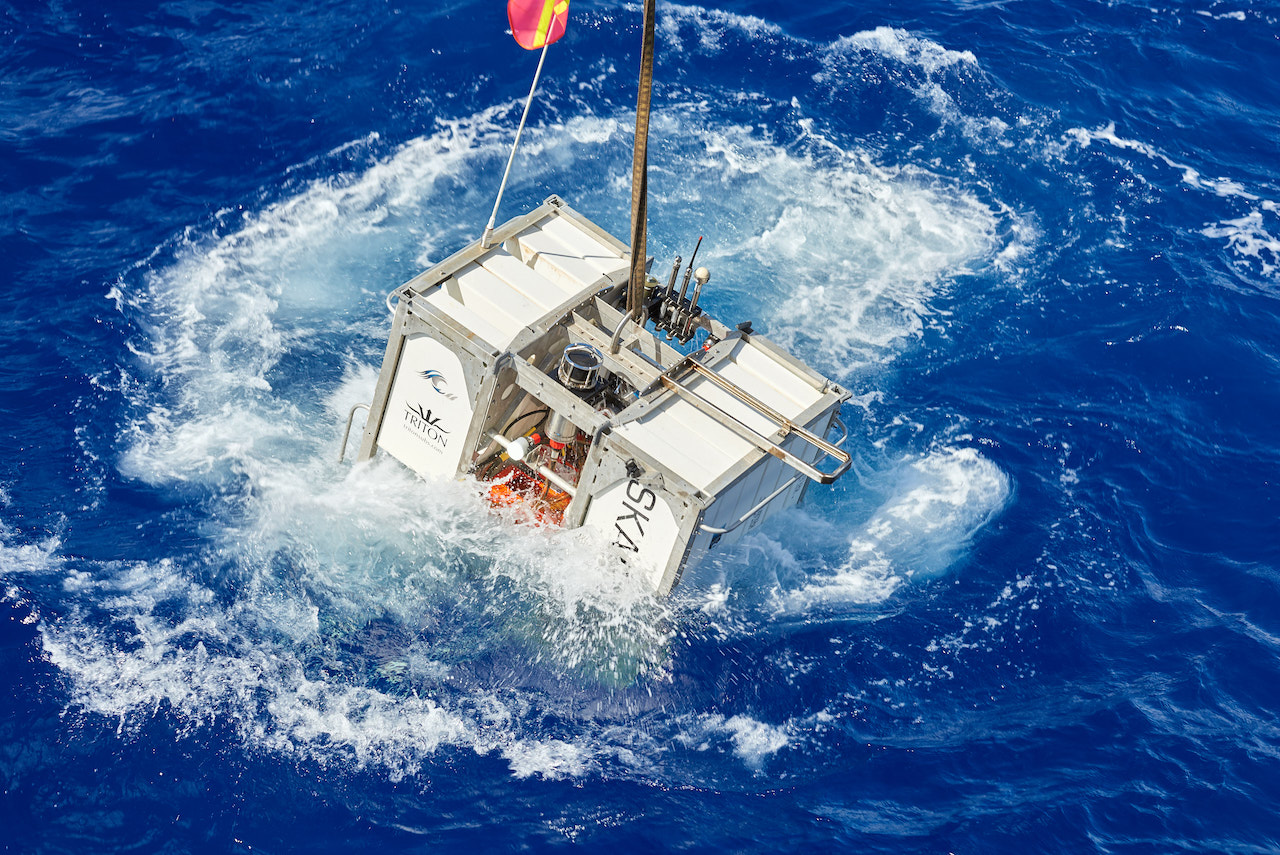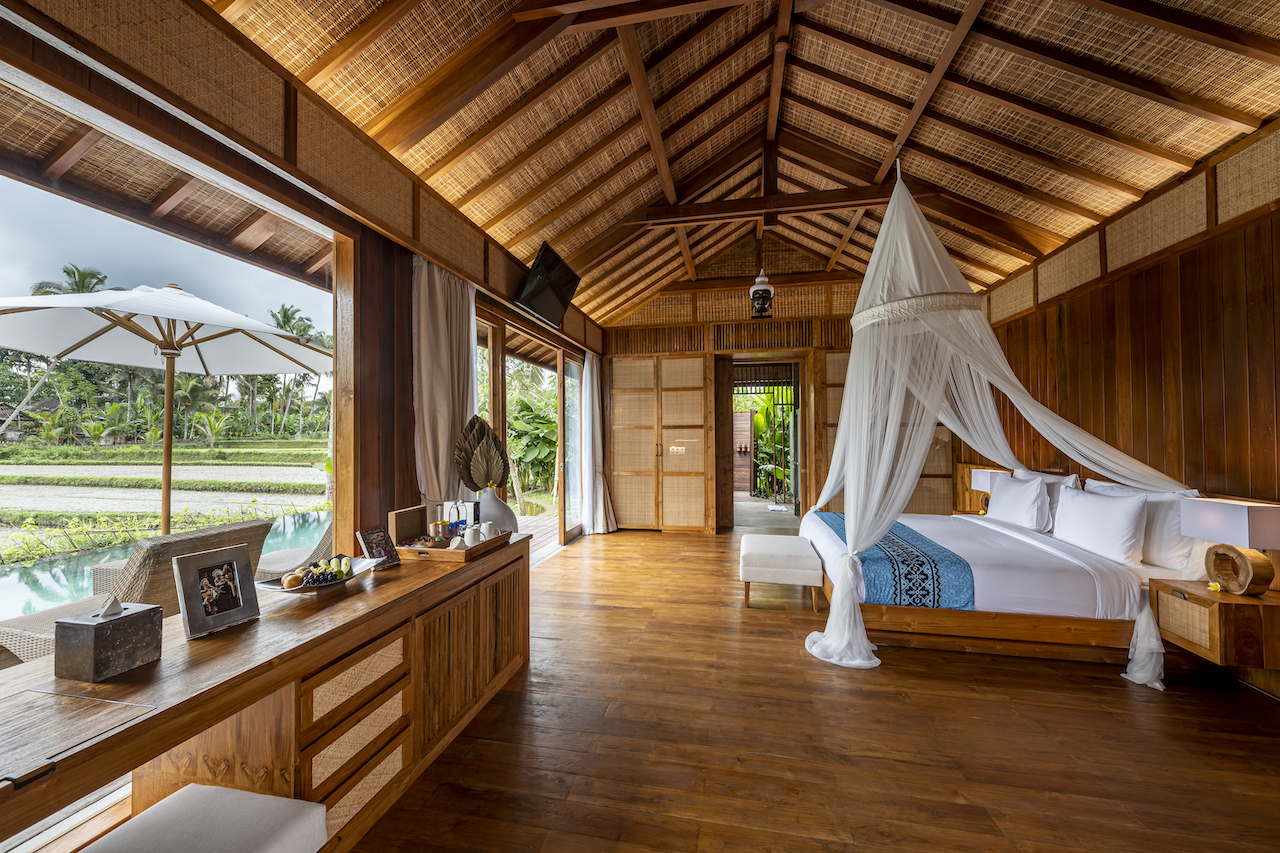

Nick Walton talks deep sea adventures with modern-day explorer Victor Vescovo, founder of private exploration company Caladan Oceanic
Founder of Caladan Oceanic, a private deep-sea exploration company, Victor Vescovo is a former commander in the US Navy with a passion for exploration. He has summited the highest peak on all seven of the world’s continents, including Mount Everest; skied to both Poles; and was the first person to have also descended to the bottom of all the world’s oceans. In June 2022 he travelled 100km into space on Blue Origin’s New Shephard-21 mission
You’ve just finished a two-month expedition of the deepest ocean trenches the Great East Japan Earthquake area. What inspired this epic journey and what did you hope to reveal?
We wanted to achieve several objectives, including investigating the areas at and around the Great East Japan Earthquake, to see how the marine environment was affected. We also wanted to use our time in the larger area to make the first human descent to the bottom of the Ryukyu, Izu- Bonin-Ogasawara, and Japan trenches. Given that the national Japanese submersible, Shinkai, has a maximum depth limit of 6,500 metres, we saw an opportunity to go much deeper with my submersible the Limiting Factor, which can go to any depth.
Additionally, there is a place in Japanese waters, the Boso Triple Junction, that has three tectonic plates slowly colliding together. There is only one other place on the ocean floor that has that dynamic, so it was a great place to see what that unusual geology was like and what life might live there.

Would it be fair to say exploration was in your blood?
Perhaps. I do know the most dangerous thing my parents did when I was very young was provide a bicycle for me. I immediately roamed very far, and very wide — probably dangerously so — among the streets and fields of Dallas, Texas. I also learned how to fly when I was 19 years old, I’ve climbed mountains for over 30 years and now have been going down to the bottom of most of the world’s ocean trenches. Yes, I think it’s fair to say it is just something in me that I need to do — explore.
How do you keep your cool when you’re thousands of feet beneath the surface with little between you and the crushing depths?
I think part of it is just my nature — I’m not that excitable and tend to be very analytical and procedure-driven. More than a few people have described my personality as a bit like the constantly logical and calm Spock from the Star Trek TV series. But a big part of it is training as well. I was a military officer for 20 years and have flown civilian jets and helicopters, so in that training, you are taught to not let your emotional responses take control over you during stressful times. Panic is never the right answer in any stressful situation.
You’ve also discovered several shipwrecks including most recently the USS Samuel B. Roberts off the coast of the Philippines. Why is it so important these wrecks are discovered?
I have always been extremely interested in military history and have been drawn to military wrecks as they are physical reminders of things that actually happened many years ago and work as a bridge between our current time and those times past when people did extraordinary things in defence of their countries and ideals. Finding the wrecks is not only very exciting and a great technical achievement, but also gives us an excuse to retell the stories of the people and ships and remind them of the sacrifices that so many made so we could live the way we do.

Victor Vescovo’s after his 2nd solo dive to the deepest point in Challenger Deep, Marina Trench
Tell us about your partnership with EYOS Expeditions.
When I was planning my first big marine expedition, to locate and journey to the bottom of all five of the world’s oceans, I realised that I needed a logistical partner who could help me navigate all of the details that needed to be done in advance to make it possible. EYOS has a stellar reputation for doing these things, so I met with them early in the process and realised they would be a great partner for me. And we’ve been working together ever since.
In addition to your descents, you’ve travelled to the edge of space with Blue Origin. Should we be looking to space or is there much to discover here on earth?
We need to do both. Our world is so rich that we shouldn’t have to sacrifice research in one at the expense of the other. We have an enormous amount still to learn about the oceans since more than two-thirds of it remains completely unexplored. And as for space, we have also barely begun to scratch the surface of what we could learn. I think it is an extraordinary time to be alive as we keep pushing the technical boundaries of exploration in space and the ocean. We must do both.

What will your next expedition focus on?
It is very likely that I will sell my diving system to another organisation soon, given the prodigious expense of maintaining it and personally paying for all of my expeditions. However, doing that will allow me a bit of a breather to study all the technical things that can be improved in deep ocean diving and to go back into the workshop to come up with solutions for a next-generation manned submersible

































